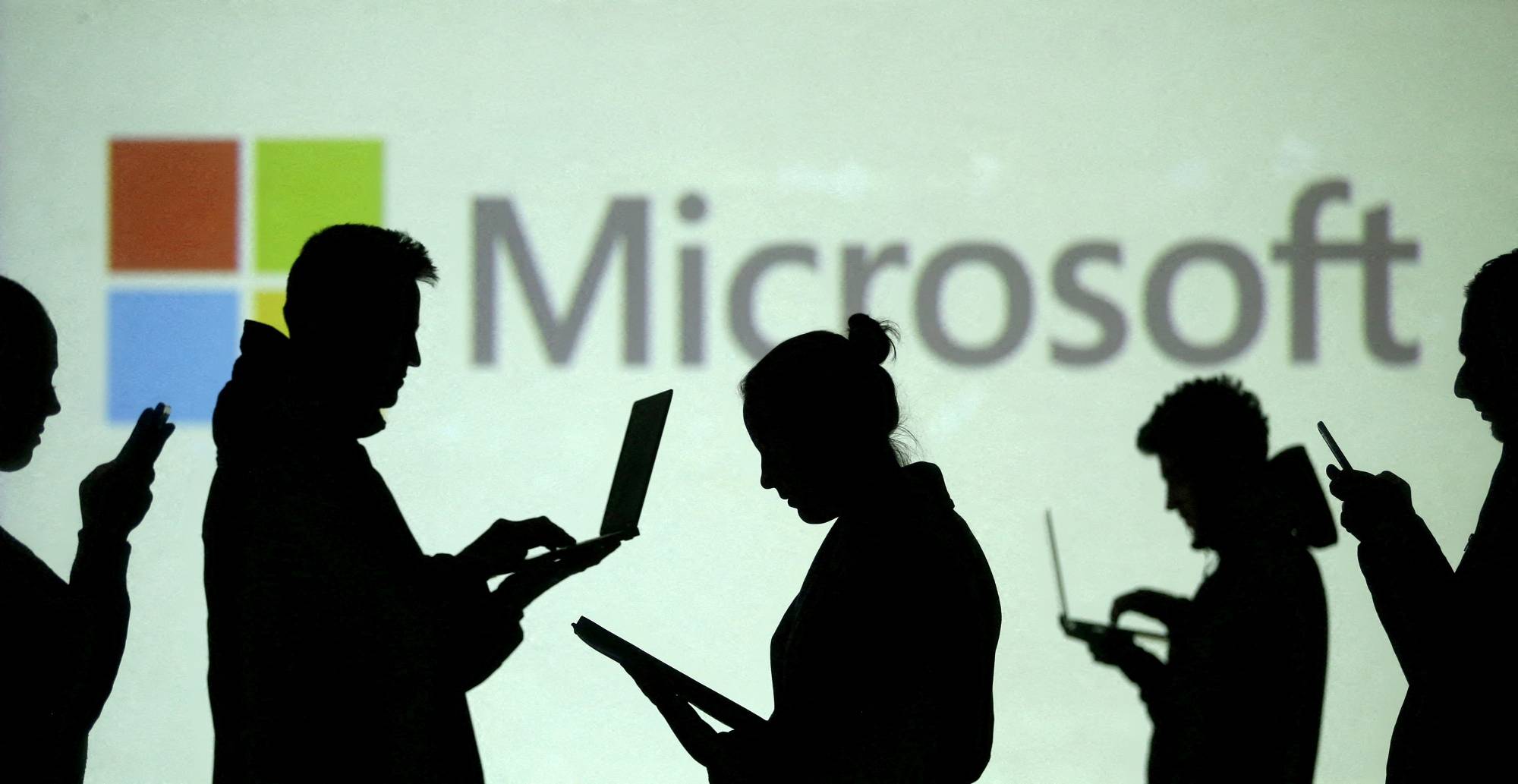It’s the end of an era for Microsoft and certain generations of web users — after nearly three decades of service, the company ended support for Internet Explorer on Wednesday.
While the news may not impact everyone, it could cause confusion among some Japanese businesses and government organizations that still use the browser.
Microsoft's decision to no longer send updates through Windows 10 for IE 11's desktop app is intended to encourage its users to switch to Microsoft Edge, its newer and more secure browser. The company has been reducing support for IE for years.


















With your current subscription plan you can comment on stories. However, before writing your first comment, please create a display name in the Profile section of your subscriber account page.